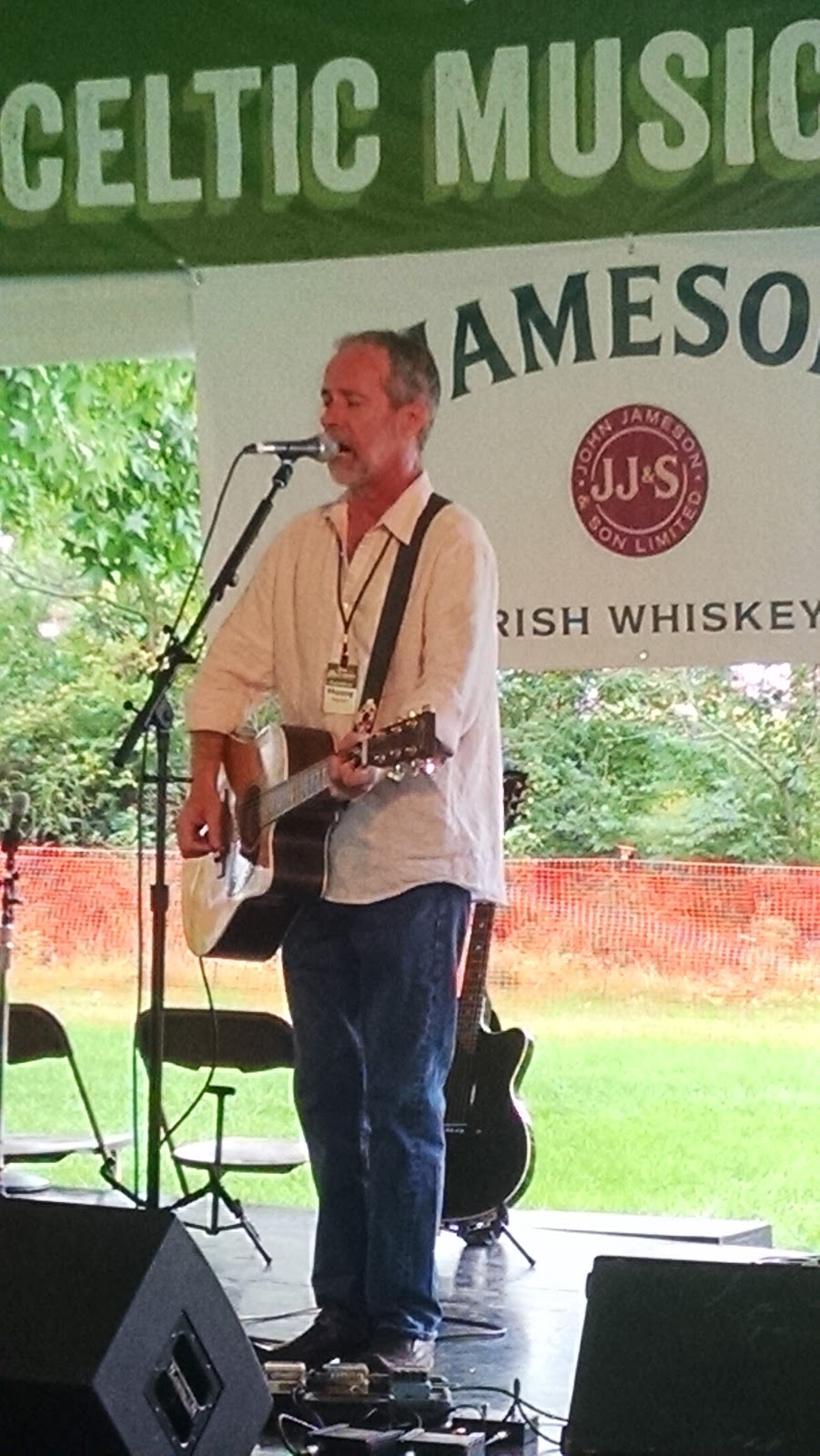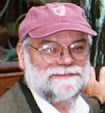Just Thoughts: What
Pope Francis Says about Treatment of the Poor
On a recent trip to visit my daughter, I was struck by the
vast gap between the wealthy and the poor in Seattle, one of the most
successful and prosperous cities in America. Seattle is beautiful in so many ways:
its great port, its geography, its exciting Pike Place Market, the green hills,
blue lakes, and spectacular Mt. Rainier dominating the region. The trip from
wealthy downtown Seattle to the airport is an eye-opener, however, and you see
that this city is similar to all American cities. As you travel south from
downtown to the airport, you see a change in the city’s complexion. You see
Vietnamese, Cambodian, Latino, African-American, and Chinese neighborhoods. So
much of this area is shabby and poverty-stricken. And even downtown you see
homeless people and beggars on the street, reminding one of Third World
countries. Wealth, prosperity, is not close to an equitable division in
Seattle.
In Pope Francis’s stunning “apostolic exhortation,” Evangelii Gaudium, “The Joy of the
Gospel,” his explanation of the Church’s position on this issue is unambiguous,
and truly radical. The Pope writes, “Our faith in Christ, who became poor, and
was always close to the poor and the outcast, is the basis of our concern for
the integral development of society’s most neglected members. Each individual
Christian and every community is called to be an instrument of God for the
liberation and promotion of the poor, and for enabling them to be fully a part
of society.”
Later the Pope writes, “In all places and circumstances,
Christians, with the help of their pastors, are called to hear the cry of the
poor.” And then, in paragraph 192, Pope Francis gets even more specific: “We
are not simply talking about ensuring nourishment or a ‘dignified sustenance’
for all people, but also their ‘general temporal welfare and prosperity.’ This
means education, access to health care, and above all employment, for it is
through free, creative, participatory and mutually supportive labour that human
beings express and enhance the dignity of their lives. A just wage enables them
to have adequate access to all the other goods which are destined for our
common use.”
Wow! Pope Francis made the church’s position on these social
issues perfectly clear.




















